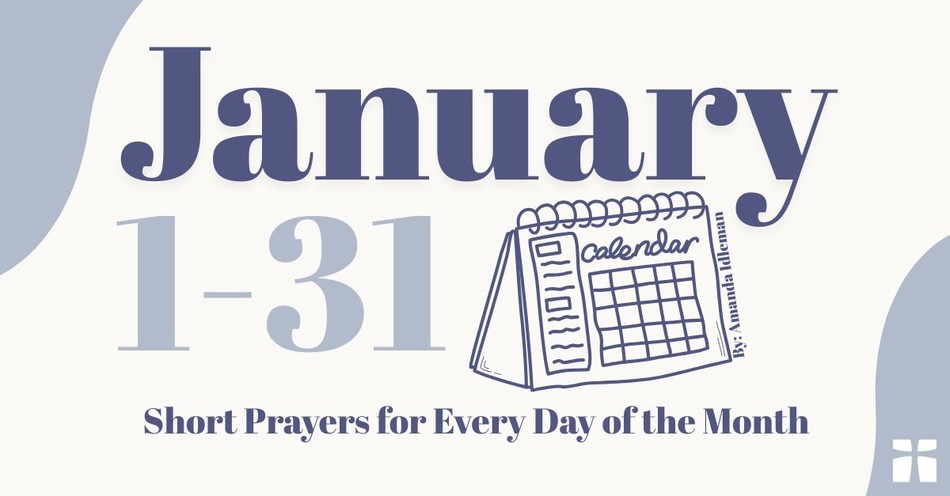Christianity.com: Popular Bible Study Topics
Bible study is at the heart of growing in faith and understanding God's Word. This list showcases some of the most searched-for and widely read Bible-related content currently available on Christianity.com. Grouped by specific subtopics, these articles offer entry points into different areas of biblical learning and reflection.
Table of Content
Angels, Demons & the Supernatural
Bible Characters
Bible Interpretation & Common Questions
Bible Verses by Theme
Biblical Holidays & Events
Books & Chapters of the Bible
Christian Teachings & Theology
End Times & Prophecy
Prayer
Sin, Salvation & Christian Life
Bible Verse of the Day (Updated Daily)
This is one of the most frequently visited pages on Christianity.com. While it features fresh content daily, it remains a valuable entry point for readers looking for a quick moment of daily Scripture-based reflection. Below is a small sample of recent entries.

















.jpg)